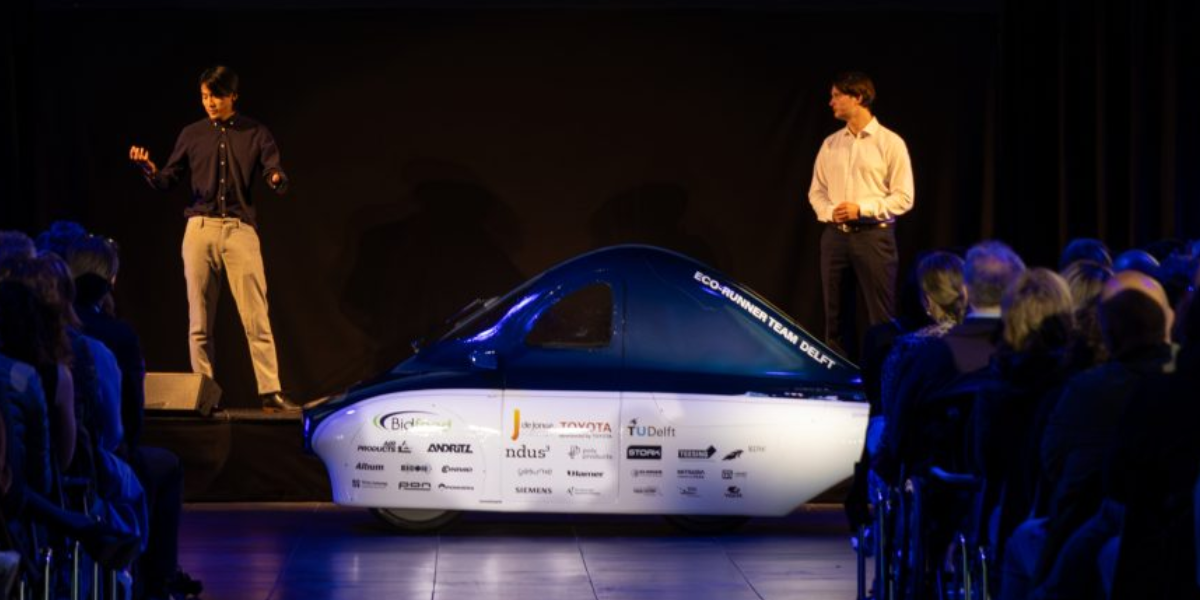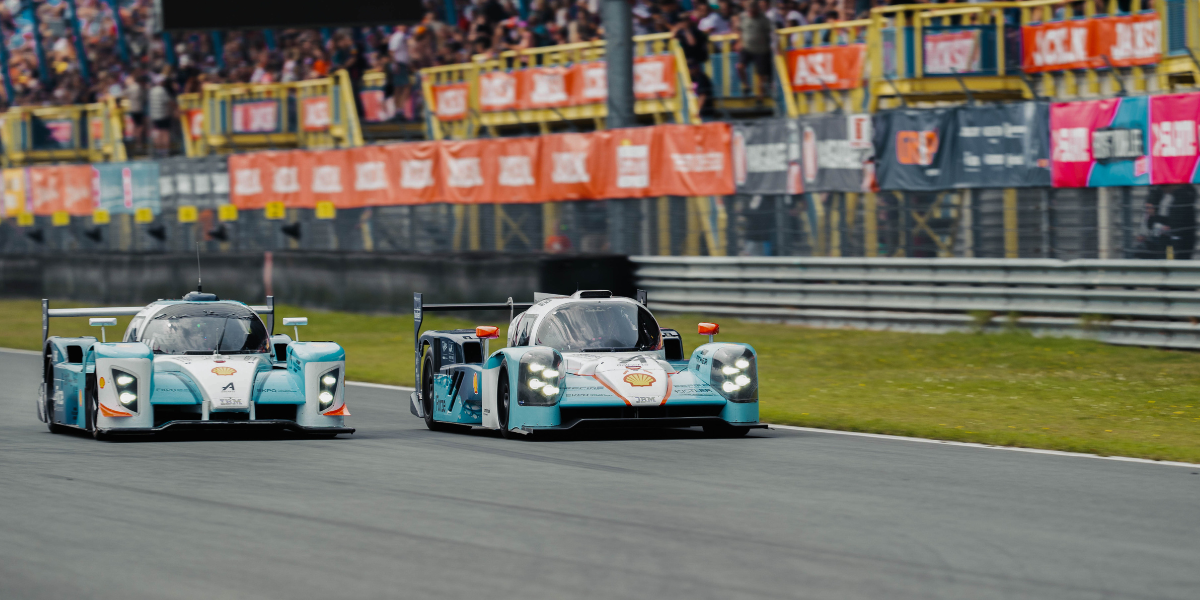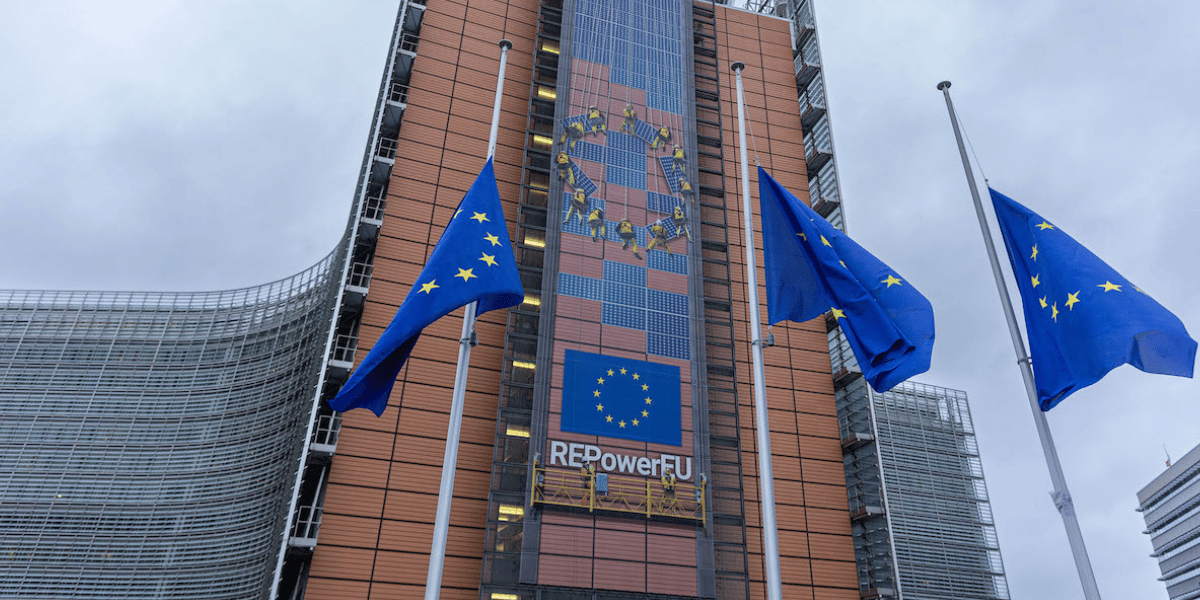
Luca de Meo resigned as CEO of Renault, choosing to pursue new challenges outside the automotive sector, assuming the role of CEO at luxury conglomerate Kering, parent company of Gucci and Saint Laurent. His departure stunned both industry insiders and employees, triggering an 8% drop in Renault’s share price, while Kering’s stock simultaneously surged by over 13% on the news.
Renaulution
When de Meo took the helm at Renault in mid 2020, the company was battling a nearly €8 billion loss, weakened brand identity, and strained alliance relationships, particularly with Nissan. France’s then CEO Jean Dominique Senard described de Meo’s arrival as a turning point: “We had achieved what many thought impossible…we have the best results in our history”. With steady hand and bold vision, the Italian executive set in motion “Renaulution”, a transformative plan built on profitability, brand revitalization, and electrification. This strategy stressed operational discipline over sales volumes and repositioned Renault to lead on low and zero emission mobility.
Under his leadership, Renault reached a historic operating margin of approximately 7.6% by 2024, achieved revenue growth, oversaw the launch of electrified models such as the Megane E Tech and Scenic E Tech, and reintroduced the iconic R5 as a modern EV. The creation of Ampère, a separate subsidiary to streamline electric vehicle production and distribution, alongside micro mobility brand Mobilize, further anchored Renault’s pivot to sustainable mobility.
The iconic Renault 5
The iconic Renault 5 E Tech became a symbol of rejuvenation and even overtook Tesla in France for Q1 2025 EV sales market share, while electrified models represented over 44% of European deliveries—a 15 point increase year over year.
De Meo also reignited competitiveness through strategic alliances. He strengthened Renault’s partnership with Geely, reinvented Alpine as an electric performance marque and repositioned it in motorsports, including Formula 1, extending its global appeal. This period also saw the reallocation of resources, with de Meo choosing to discontinue Alpine’s F1 engine development in favour of a Mercedes supply, a pragmatic decision that sparked discussion.
A life in the automotive
A seasoned industry leader, de Meo's trajectory began in the 1990s at Renault, followed by roles at Toyota Europe and Fiat, where he revived the Fiat 500 and led Lancia, Alfa Romeo, and Abarth brands. Moving to Volkswagen Group, he served as brand and marketing director before becoming President of SEAT in 2015, transforming it into one of Europe’s best-performing volume brands. Under his tenure, SEAT launched successful SUV models and spun off Cupra, a performance sub-brand that sold nearly 220,000 units in 2024. De Meo’s leadership is characterized by a hand on, product-centric approach, keen design sensibility, and cultural agility—he is fluent in five languages and has lived across multiple countries. He has earned significant honours, including the Italian “Commendatore della Repubblica,” the French Legion of Honour, and the Grand Cross of the Order of Isabella the Catholic.
Renault’s electrification strategy, what now?
His resignation leaves some uncertainty for Renault’s electrification strategy, yet his confidence in the organization’s preparedness and succession plan was clear: “There comes a time…when you know the job is done…Today, the results speak for themselves”. Renault’s board, led by Senard, has activated a defined succession procedure, focusing on continued strategic execution. Candidates reportedly include Dacia head Denis Le Vot and Stellantis veteran Maxime Picat.
Meanwhile, Kering appears to embrace De Meo’s industrial rigor and strategic vision. Analysts express cautious optimism, pointing to his ability to revive lean, product focused organizations—even outside the automobile industry.
Luca de Meo’s career narrative is one of consistent brand renewal: from Fiat 500’s renaissance to SEAT’s resurgence and Renault’s reinvention. He combines marketing insight, operational efficiency, and cultural intuition—qualities that have repeatedly delivered significant turnarounds.
It all started in Fiat
Luca de Meo’s time at Fiat marked a significant phase in his career and contributed greatly to his reputation as one of the most talented marketing strategists in the automotive industry. His relationship with Sergio Marchionne, then CEO of Fiat Group, was pivotal—both challenging and formative—shaping de Meo’s management philosophy and exposing him to high-stakes decision-making in a transforming global auto market.
De Meo joined Fiat Group in the early 2000s, during a particularly turbulent time for the company. Fiat was grappling with deep financial troubles and a product line-up that was widely seen as uninspiring. The Italian automaker had lost much of its shine, and Marchionne had just taken the reins in 2004 with a mandate to rebuild Fiat from the ground up. De Meo quickly became a key figure in Marchionne’s turnaround strategy, serving in various executive roles including CEO of Fiat Automobiles and head of several brands such as Lancia, Alfa Romeo, and Abarth.
2007, the relaunch of the Fiat 500
One of de Meo’s most defining contributions at Fiat was the relaunch of the Fiat 500 in 2007. Positioned as both a nostalgic icon and a chic city car for a new generation, the 500 was an instant success, becoming a symbol of Fiat’s rebirth and a case study in successful automotive branding. De Meo’s marketing acumen, design intuition, and understanding of cultural trends were instrumental in shaping the Fiat 500’s identity. He orchestrated the car’s launch as an event, turning it into a lifestyle statement rather than just a vehicle, and helped to elevate the Fiat brand in both European and international markets.
His relationship with Sergio Marchionne
It was reportedly one of mutual respect, but also tension. Marchionne, known for his demanding leadership style and no-nonsense approach, valued performance and expected results without excuses. De Meo, while brilliant, operated with a creative and brand-driven mindset, which sometimes clashed with Marchionne’s pragmatic and finance-focused priorities. Sources from that period suggest that although de Meo was recognized as a rising star, he felt constrained under Marchionne’s tightly centralized management structure. Eventually, this friction led de Meo to leave Fiat Group in 2009. It was a move that surprised many but also opened the door for him to explore broader leadership opportunities within the Volkswagen Group, where he would later thrive as marketing chief and eventually as president of SEAT. Despite the departure, de Meo has publicly expressed admiration for Marchionne, acknowledging him as one of the most influential figures in the automotive industry and crediting him for teaching him critical lessons about resilience, speed in decision-making, and the importance of execution over strategy alone.
In retrospect, de Meo’s Fiat years were foundational. They tested his ability to lead during crisis, honed his instinct for brand value creation, and introduced him to the complexities of automotive group dynamics at a global scale. His experience under Marchionne’s leadership helped prepare him for the top-tier roles he would later assume at SEAT, Renault, and possibly beyond.
Share your remanufacturing stories with us
Do you have an innovation, research results or an other interesting topic you would like to share with the remanufacturing industry? The Rematec website and social media channels are a great platform to showcase your stories!
Please contact our Brand Marketing Manager.
Are you an Rematec exhibitor?
Make sure you add your latest press releases to your Company Profile in the Exhibitor Portal for free exposure.


